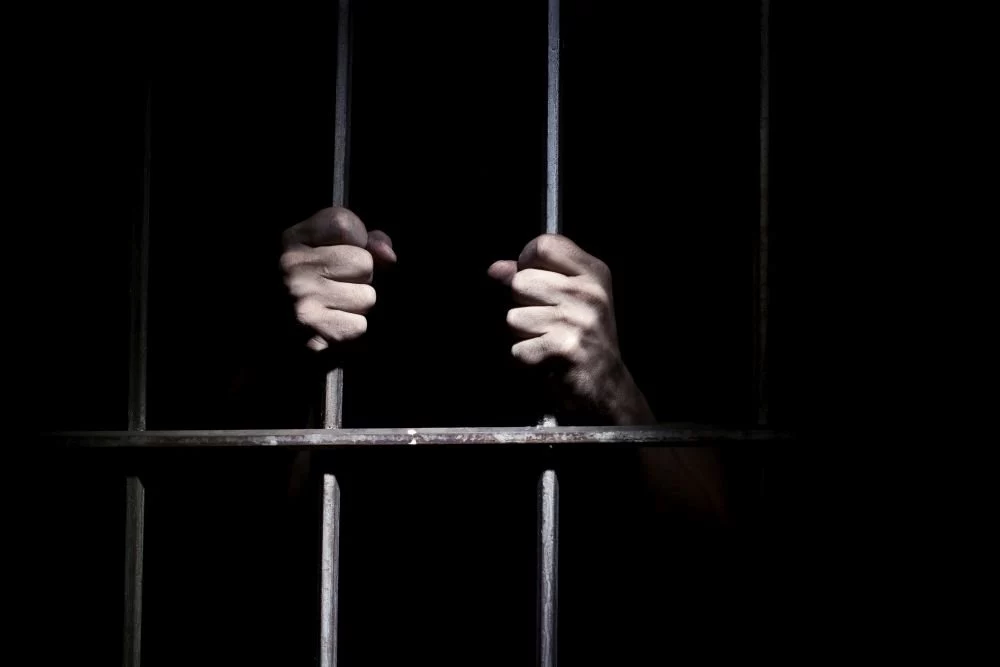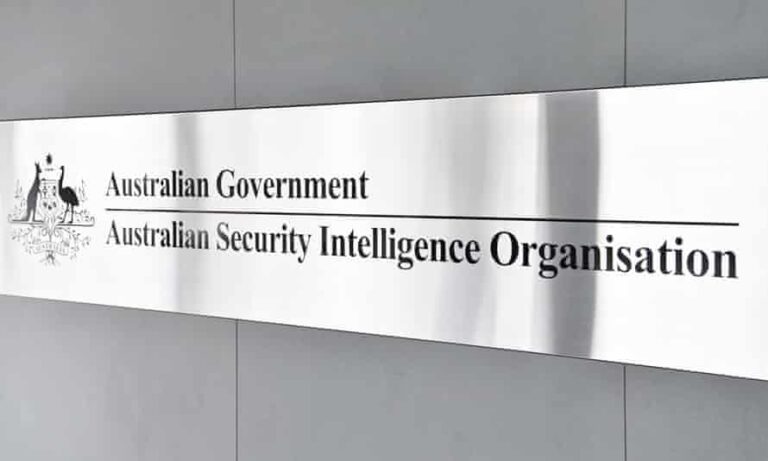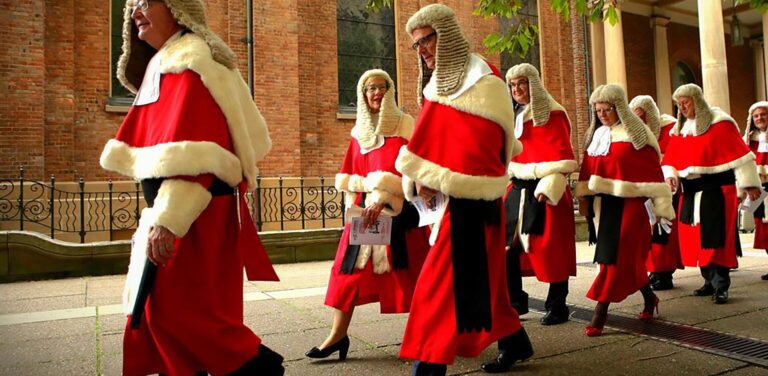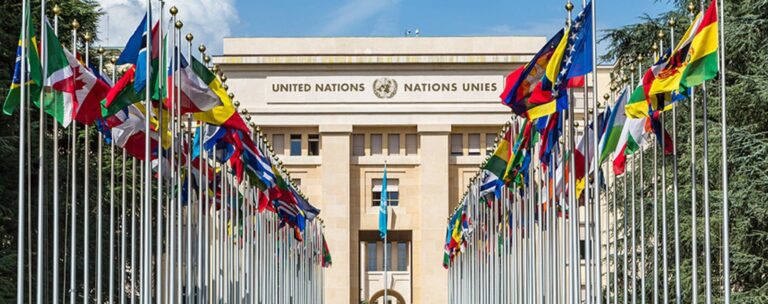Political Prosecutions: Crimes Against Democracy
Table of Contents
We all understand that political trials and prosecutions are an ever-present risk in authoritarian states. In these states the judiciary is at the very least influenced by the state powers, and in some cases, completely under its control. The possibility of being arrested and convicted of a crime against the state is high, particularly if one holds a view contrary to the state and becomes an activist while trying to convince others of the view. China has a particular intolerance of its citizens holding views contrary to the government. This was made famous by the Tiananmen Square Massacre in 1989. On this occasion, as many as one million students[1] were protesting and calling for greater accountability, constitutional due process, democracy, freedom of the press, and freedom of speech[2] when government forces mowed them down with tanks and gunfire. China’s intolerance continues with numerous examples of political prosecutions within China and particularly Hong Kong in the last decade[3].
When these events occur, they are often observed and criticised by organisations like Amnesty International and the United Nations. The leaders of democratic countries also point to these problems, usually in authoritarian jurisdictions, and cast judgement. The implication is a message to its own citizen’s – ‘aren’t you fortunate that you live here, where these things can’t happen’. However, democracies can be, and often are, guilty of the same crime.
Australia is not immune to these problems, and the last decade has exposed several cases where the government has been either accused of running a political prosecution, attempting to run a political prosecution, or sat on its hands when one of its citizens has been the target of a political prosecution in another country.
Bernard Collaery
This week, the new Federal government put an end to the prosecution of Bernard Collaery. This case related to misconduct by the Howard government in 2004 when it illegally bugged the cabinet offices of Timor-Leste. This was done to provide an insight into negotiations for gas and oil reserves that might benefit Australia’s commercial interests, or more specifically, the commercial interests of multinational companies operating in Australia. This activity was not dissimilar to the practices of Tony Packard, a car dealer turned liberal politician who resigned as an NSW MP in 1993. He was convicted and fined $1,000[4] for using listening devices to listen to his customers in a supposedly private room and give him a strategic advantage in the negotiation. When the Australian government bugged the offices of Timor-Leste, its near neighbour, they used the information to obtain a negotiated 50:50 deal even though the resources were very much closer to Timor-Leste than Australia.
This activity was nothing but an extraordinarily unethical commercial strategy to deprive and manipulate a new and poor nation from a deal that would benefit them. Making matters worse, the operation was carried out by Australia’s secret service. One of the members of the service, Witness K, recognised the ethical and legal issues, made a complaint with the help of his legal representative, Collaery, and the matter was made public. He intended to testify on behalf of Timor-Leste at the Permanent Court of Arbitration in Hague but was arrested in Australia instead. Collaery and Witness K’s premises were both searched by the secret services, and they were later charged.
Following the charges, the two men were involved in at least 50 court appearances[5]. Many of these appearances occurred in secret, even the accused were not allowed to be present in some hearings, and this was said to be necessary for the sake of national security. It is surely clear that this was not the case, this was not a situation where national security was being protected. Rather, the prosecution’s purpose was to reduce the embarrassment of the government following their misconduct or worse, hide the criminal activity of the government from those they have wronged.
Julian Assange
Julian Assange is an Australian citizen and not accused of doing anything to contravene Australian law. However, as everyone would be aware, he is currently in HMP Belmarsh in the UK while the USA attempts to extradite him to answer 17 charges of the Espionage Act[6].
Assange famously published massive quantities of data[7] relating to the activities of the US military, this data cast their activities under a cloud that included information including:
- Preventing prisoners from accessing the Red Cross;
- A torture manual for prisoners of Guantanamo Bay;
- Incidents in which military actions had led to the death of civilians.
These were events and activities that had been undertaken by the military and demonstrated clear illegality by the US military operation in a range of situations surrounding the so called ‘war on terror’. They cast the US in an extremely negative light at a time when they were trying to paint themselves as saviours of the world against marauding terrorists. The leaked information created support for those who already doubted the motives and methods of the US and widened the doubt to many others.
The United States was embarrassed by the publication of the leaked information, and they have aggressively pursued a path to prosecute Assange ever since. He was granted asylum by the Ecuadorian government, and he remained a ‘guest’ of the embassy in London for a number of years. When the asylum was rescinded and he left the embassy, he was immediately arrested by the UK police for failing to appear in court previously. He has been held in HMP Belmarsh ever since and has been fighting the extradition for several years. It has also been reported that the CIA had plotted to kidnap and kill Assange in 2017 while he was still in the Ecuadorian embassy[8].
There is little doubt that this is a politically motivated prosecution, and if the extradition is successful and he is convicted in the USA, the Espionage Act allows for imprisonment of up to 175 years. To date, the Australian government has not sought to have the US release its grip and interest in Assange. Just the opposite, in 2010, PM Gillard suggested seizing his passport to assist the US in his capture, and later, PM Morrison stated that he should ‘face the music’[9]. More recently, PM Albanese said that he won’t be engaging in the process publicly but implied that that the matter is being raised ‘behind the scenes’.[10]
Implications for Democracy
The prosecution of ‘crimes’ against the state is not new. Autocratic jurisdictions have prosecuted individuals who criticise the establishment for millennia. One characteristic of democratic systems is the separation of the executive and the judiciary. Ensuring that the political creatures of the executive don’t influence the rule of law is a powerful protective barrier for a democratic system. However, it has been said that democracy is in retreat, jurisdictions which have been seen to have strong democracies are beginning to deteriorate[11].
The rise of populist governments, often with charismatic leadership, has created a tendency for autocracy; autocratic practices are on the rise[12]. This tendency offends democracy and puts its continuance at risk. Political prosecution is one part of this tendency and the two cases described here make this clear. Of course, there are many other cases, and each time it occurs, the reputation of democratic government and its legal system is damaged. In turn, disinterest and complacency rise opening the door to even greater intrusion of antidemocratic processes – it is a vicious cycle.
Governments must accept that when they are guilty of misconduct, it will be exposed, and this is a good thing. Exposure is not something that should be recoiled from, it is part of a functioning democracy. To that end, there should be processes that enable state crimes against democracy to be investigated and exposed[13]. Those who do it should be protected from action by the state.
Implications for the New Federal Government
It is a positive sign that the Federal Attorney General decided to withdraw the prosecution against Bernard Collaery, but this is not enough. Julian Assange needs to be a focus of attention to ensure that his political prosecution is ended. As important as this is, even more importantly, the government needs to implement strategies and systems that will prevent political prosecutions in the future. This includes protection for whistle blowers, strong and independent integrity commissions whose role is to monitor, examine, and where required, prosecute instances of misconduct.
[1] Dingxin Zhao, The Power of Tiananmen: State-Society Relationshions and the 1989 Beijing Student Movement (University of Chicago Press, 2001) p171.
[2] Louisa Lim, The People’s Republic of Amnesia: Tiananmen Revisited (Oxford University Press, 2014) pp34-35.; Anfrew Nathan, ‘The Tiananmen Papers’, Foreign Affairs (Blog Post or Webpage) <http://www.foreignaffairs.org/20010101faessay4257-p0/andrew-j-nathan/the-tiananmen-papers.html>.
[3] ‘Hong Kong: Surge in Political Prosecutions’, (Blog Post or Webpage) <https://www.hrw.org/news/2017/04/27/hong-kong-surge-political-prosecutions>.
[4] http://commonwealthombudsmanmisconduct.blogspot.com/
[5] ‘Alliance against Political Prosecutions’, (Blog Post or Webpage) <https://aapp.ipan.org.au/alliance-against-political-prosecutions-aapp-summary-of-prosecutions/>.
[6] Espionage Act, (1917).
[7] William Cummings, ‘Six Big Leaks from Julian Assange’s Wikileaks over the Years’, (Blog Post or Webpage) <https://www.usatoday.com/story/news/politics/2019/04/11/julian-assange-six-wikileaks-most-memorable-revelations/3434371002/>.
[8] Saskia Peachey, ‘Australia Has Sacrificed Julian Assange to the United States’, (Blog Post or Webpage) <https://jacobin.com/2021/12/australia-julian-assange-wikileaks-journalism-extradition-to-united-states>.
[9] Ibid.
[10] Samantha Hawley, ‘Julian Assange Is Facing Extradition to the Us, So Will Prime Minister Anthony Albanese Intervene?’, ABC Bews <https://www.abc.net.au/news/2022-06-21/anthony-albanese-wont-publicly-intervene-in-julian-assange-case/101169582>.
[11] Report, ‘Democracy in Retreat: Freedom in the World 2019’, (Blog Post or Webpage) <https://freedomhouse.org/report/freedom-world/2019/democracy-retreat>.
[12] Samuel Issacharoff, ‘Fragile Democracies’ (2007) 120(6) Harvard Law Review 1407.
[13] Lance deHaven-Smith, ‘When Political Crimes Are inside Jobs: Detecting State Crimes against Democracy’ (2006) 28(3) Administrative Theory & Praxis 330.






